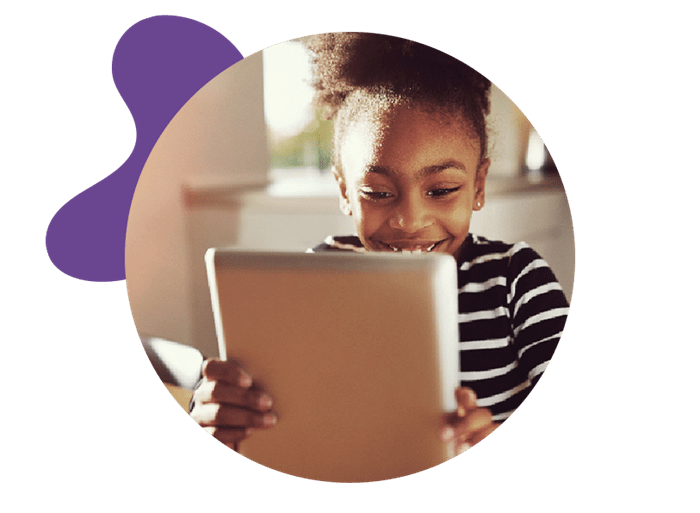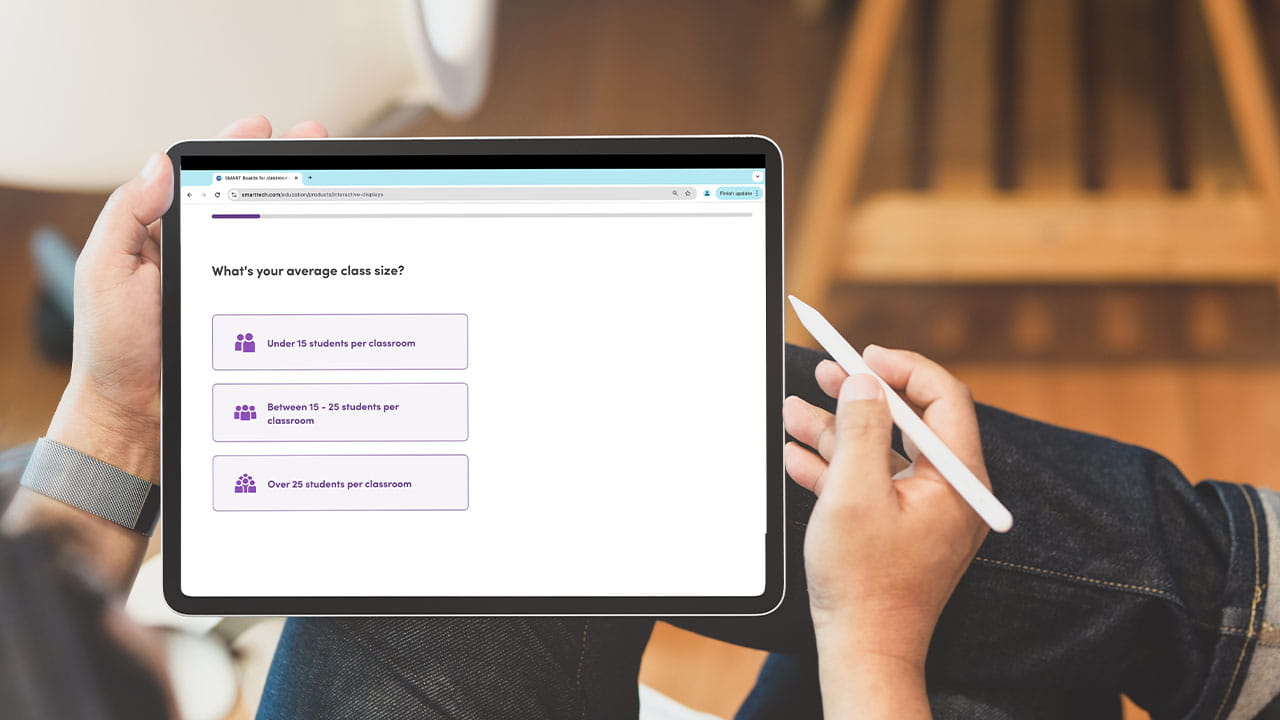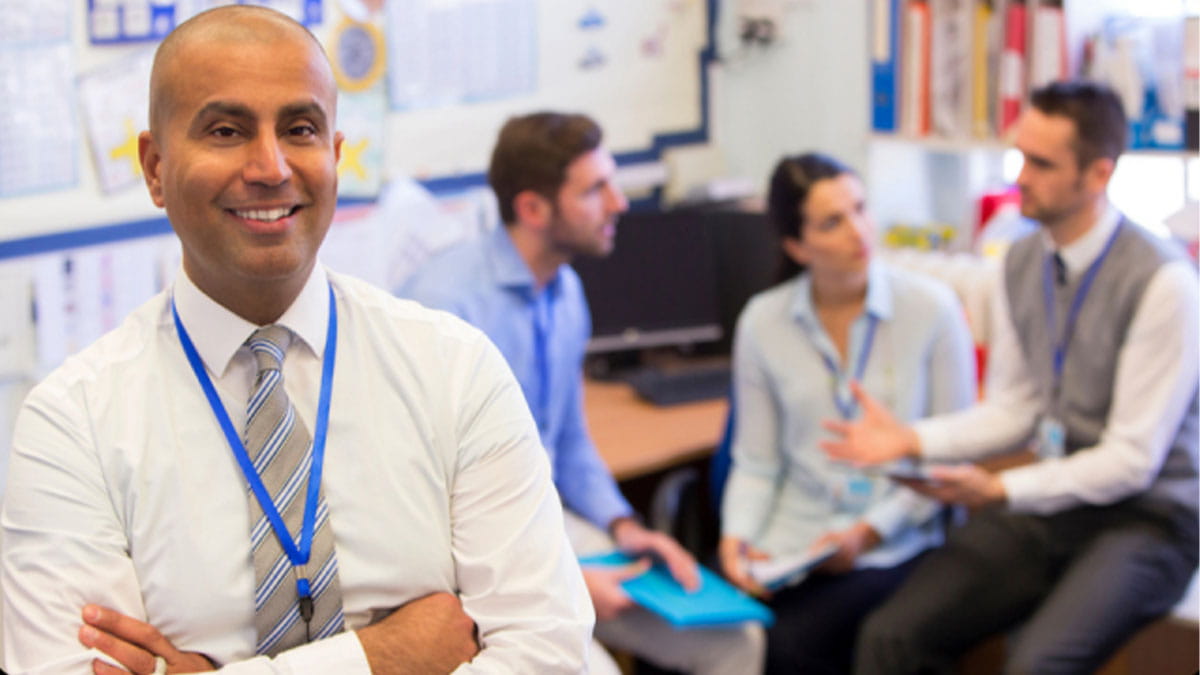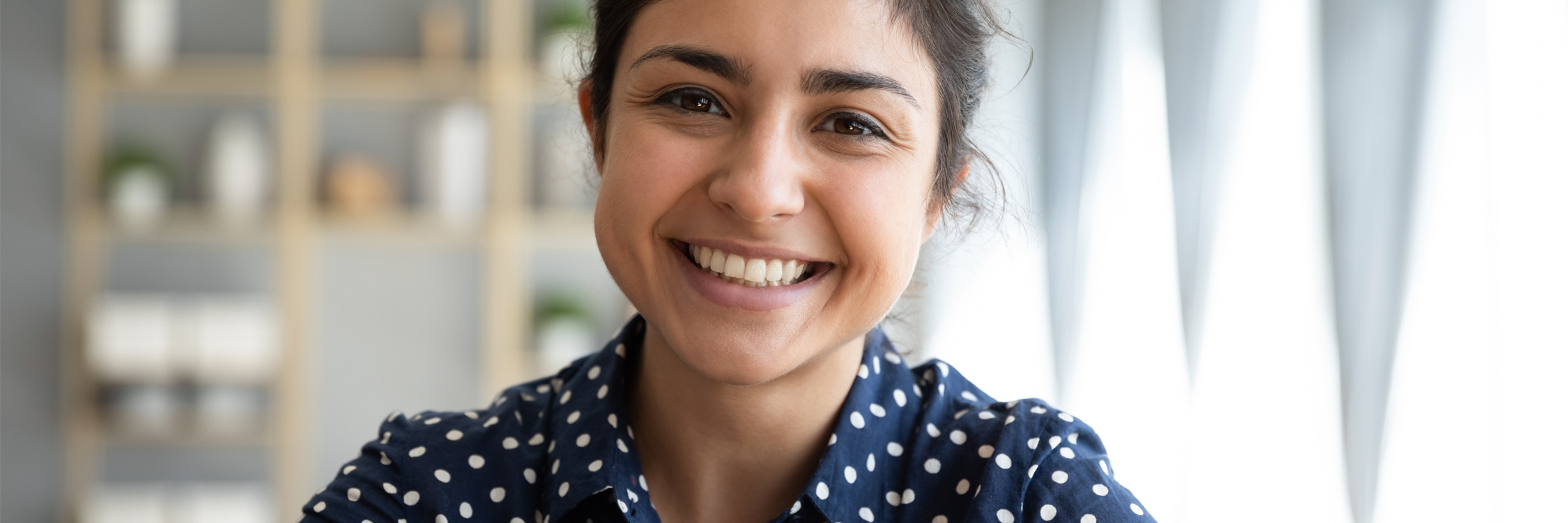The EdShift team is always thinking about and often talking about teachers. As teacher appreciation week approaches, we’ve been reflecting on a conversation we had with Sarah Cunane at LearnIt in March (check out EdShift Podcast Episode 14 to listen to our conversation with Sarah). What we’ve been reflecting on since that conversation is Sarah’s position that teachers are not superheroes. At first glance, that sounds terrible. But it’s not: let’s unpack it.
What is a superhero, exactly?
A superhero is someone who is able to do impossible things with the help of supernatural powers and/or the support of technology available only to the super-rich. A teacher is a human being, without supernatural powers, without billions of dollars for tech, who helps students achieve the possible (which sometimes means breaking down what seems impossible into its achievable components). So while teachers do great things and are very often heroes in my eyes as well as the eyes of their students, they are mere humans. And it's time we think about how to make space for that humanity in the classroom.
The last few years have presented everyone in education with challenges we did not foresee. It feels somewhat like we hopped on a roller coaster, only to find there was no way to get back off. Understatement here, but this has been stressful. No one has been immune and the impacts of this manifest themselves in our daily interactions.
The thing about constant stress is that it begins to fracture our identities. The way we view and interact with the world shifts, our brains naturally fill in the gaps in our understanding (not always correctly) and resentment begins to build. You’ve probably seen this resentment in your daily interactions. In student behavior. In the opinions and criticisms of parents. In the record number of teachers who are leaving our profession. In the uncertainty and exhaustion in your own heart.
What can we do about it?
First of all, we need to stop expecting teachers to do the impossible. We need to think instead about providing them with the tools they need to achieve the possible and to leave the classroom with energy to spare for themselves, their families and their passions.
The terms 'mindfulness' and 'self-care' get thrown about quite a bit when we start to talk about how we address the stress and the burnout that has become pervasive in education. In an attempt to right what is wrong, inadvertently or not, we bleach these terms - they eventually end up with less meaning and to some have even entered an offensive territory based on how they’re used. We mandate self-care. We ‘do mindfulness’ to teachers and students instead of practicing it with them. We elevate teachers to the infallible role of 'superheroes' and toss their humanity aside.
One of the things that happens when we are under chronic stress and feel like we keep hitting setbacks is that our brains begin to think we cannot succeed. That there is always another roadblock ahead. If we want to improve the current situation for our educators, we need to make success achievable for students and for staff. To do this, we need to communicate and collaborate to construct achievable goals. In our classrooms. For our buildings. Across our districts. Mentorship programs are incredibly important and allow us to support and develop the next generation of teachers. Story-telling and identity are key components to developing a culture of wellbeing. Our teachers and our students need to be able to bring their entire identities to school and we need to develop the safe spaces that allow us to share our unique stories, to learn with and support each other in our daily lives.
We need to make space for our teachers to achieve well-being in a way that is meaningful to them. We need to give them time, perhaps by taking away some of the responsibilities they have outside of teaching, to do what they need to do. We need to provide them with space to choose what serves them when it comes to well-being. This could be making professional development days optional as well as expanding the choices to include opportunities to connect with and learn from their peers as well as supporting mindfulness and self-care by having opportunities to learn new things, like maybe gardening, yoga, hip-hop dance or welding. We need to establish a community that supports these decisions, celebrates their uniqueness and does not judge their choices.
We, as educators, are a powerful and unstoppable community. Our strength comes from the combination of skills and strengths each of us brings and combines with those of our colleagues to help our students recognize and achieve their goals while showcasing their skills and passions. Our humanity is, in fact, what makes us great. When we remember to elevate and celebrate the uniqueness that makes us human, we succeed. No supernatural powers required.

If you're looking for resources to help aid in lesson planning, Lumio is a digital learning tool that makes it easy to transform lessons into active, collaborative learning experiences.


